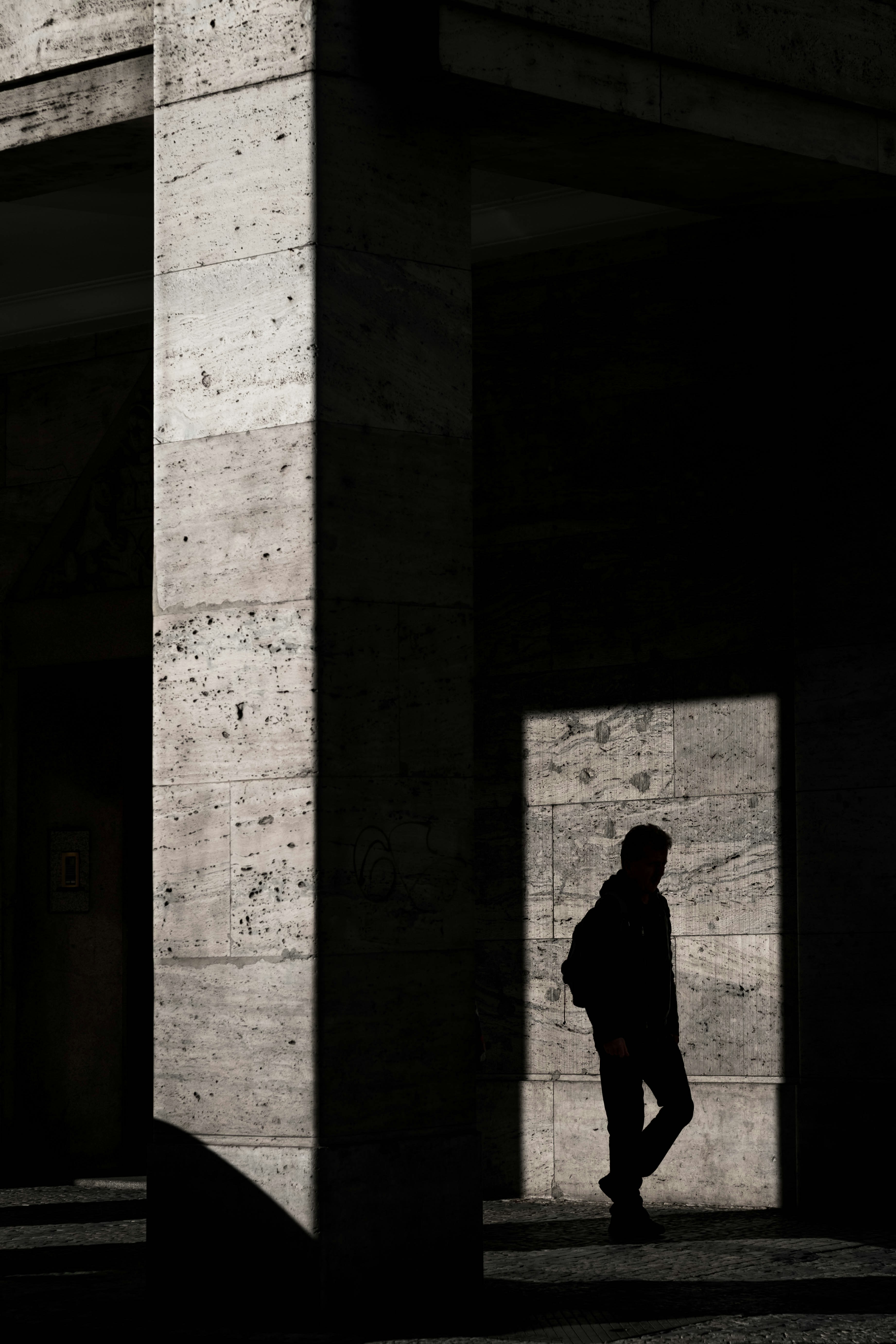May 31, 2023|י"א סיון ה' אלפים תשפ"ג Bamidbar 5783 - Finding Our Place in Torah
Print ArticleOur parsha, this week, opens up by telling us not only that Hashem spoke to Moshe, but WHERE He spoke to him:
במדבר פרשת במדבר פרק א
(א) וַיְדַבֵּר יְקֹוָק אֶל מֹשֶׁה בְּמִדְבַּר סִינַי בְּאֹהֶל מוֹעֵד בְּאֶחָד לַחֹדֶשׁ הַשֵּׁנִי בַּשָּׁנָה הַשֵּׁנִית לְצֵאתָם מֵאֶרֶץ מִצְרַיִם לֵאמֹר:
Hashem spoke to Moshe in the Desert of Sinai….
And this leads many to ask a simple, but important question: Why was the Torah specifically given to Am Yisrael in the desert? Wouldn’t it have made more sense to give the Torah to Bnei Yisrael in Eretz Yisrael?!
I would like to share with you three different approaches to this question, each of which can provide us with an important insight regarding our relationship with Torah.
The Maharal (Tiferes Yisrael) writes that in a certain sense Torah is above nature. The gemara tells us that HKBH was Mistakel B’Oraysa Ubara Alma, Hashem, as it were, looked into the Torah, and only then did He create the world.
And because the Torah isn’t tied to this world, rather it is a spiritual construct, in order to connect to Torah on a deep level, a person has to separate him or herself from the physicality of the world.
Of course, we have many places where Chazal discuss the fact that the Torah is made for human beings, it is to be used in this world. But the Maharal is pointing out that even though the Torah is meant to help us make use of it in this world, if we are entirely enveloped in the physical world, if we are so caught up in the physical aspects of our lives, then it becomes more difficult to connect fully to the world of Torah.
Therefore, argues the Maharal, the Torah is given specifically in the Midbar, in a desolate place, a place where there is no economy, no infrastructure, no permanent homes, NOTHING. To remind us, that if we want to feel connected to a life of Torah, we have to pull ourselves away, even just a little, from the all-encompassing nature of a world that has an obsession with materialism.
The Piazecnzer Rebbe, the author of the Aish Kodesh (Yisro), which is a sefer of drashos the rebbe delivered in the Warsaw Ghetto, offers a different approach based on the comment of the Beis Aharon.
He writes that it wasn’t so much that the Torah had to be given in the desert, but it COULD NOT BE GIVEN IN ERETZ YISRAEL.
Why? Because if the Torah had been given in Eretz Yisrael, we would think that Torah is LIMITED to Eretz Yisrael. But then when I’m in Galus, when life is difficult, then I might think the Torah would become irrelevant.
And you might ask, who would think that the Torah is only relevant in Eretz Yisrael? But, in fact, the Ramban writes in numerous places that Eretz Yisrael is the real place for mitzvos and that mitzvos outside of Eretz Yisrael are like a “practice run” for mitzvos in Eretz Yisrael.
Says, the Piazetzna, although it is true, that Torah in Eretz Yisrael is on an altogether unique level, that should not lead us to think the Jews in Galus have no connection to Torah.
Rabbi Sacks actually makes a similar point. He writes that most nations are first settled in their land and only then do they create their laws. We got our laws first, and then we were able to conquer our land. Why? So that even when there would be times when we were forced to be outside of Eretz Yisrael, we would not lose our identity as the Am HaTorah.
Rav Soloveitchik, in Abraham’s Journey, offers a third explanation to our question:
He asks, why did Hashem decide to create our entire identity as a people specifically in the midbar? It’s a place where we have no permanence, we’re constantly moving from place to place, we are 100% reliant on Hashem for food, drink, and shelter. Why is this the way to cultivate our identity as a people!?
And he answers as follows: The Torah, in Mishlei, and in many other places is referred to as “Toras Chesed”, a Torah of Kindness. Chazal also tell us that Torah techilaso gemilas chassdaim v’sofo gemilas chassadim. The Torah BEGINS with the Chesed of Hashem creating clothing for Adam & Chava, and it ends with Hashem burying Moshe.
And Chazal believed so strongly that the Torah is all about chesed, that the gemara in Sukkah asks the rhetorical question “V’Chi yesh torah she’eina shel chesed?” Is there any possibility to have a Torah that isn’t totally, entirely intertwined with the concept of chesed?!
So, says Rav Soloveitchik, if our identity as a people was going to be one of kindness and chesed, one where our entire experience with Yiddishkeit is there to cultivate a personality that wants to do for others, then the IDEAL ATMOSPHERE in which the first generation of this nation would exist, would have to be a group that experienced STRUGGLE.
A group that knows what it feels like to not have a permanent home. To knows what it’s like to not know where your next meal is going to come from. Because if we would have those experiences, then when we would later see others going through that same struggle, we would know what it was like, either because it was OUR story too, or because it is the history of our people. To live a life as a people who learn from a Torah Shel Chesed we had to first live a life of those who struggle.
So, then, as we find ourselves just a few days from Zman Matan Torahseinu, from a Yom Tov of Shavuos that calls out to us, inviting us to cultivate a more meaningful relationship with HKBH and His Torah, we are presented with a number of possible avenues to find our way:
1) We could look to pull ourselves away, even a little bit, from the physical aspects of our lives, making room for learning, for Tefillah, for that relationship with HKBH.
2) We can remind ourselves that the Torah is not meant ONLY for places and situations like Eretz Yisrael where all is easy and smooth and spiritually perfect. The Torah is available to us even in Galus, even in moments of challenge, perhaps SPECIFICALLY in moments of challenge.
3) And we can remind ourselves that the GOAL of our entire experience of Torah is make it a Toras Chesed, to make sure we are learning and growing in our Avodas Hashem in a way that makes us more sensitive to the needs of those around us.
But perhaps to appreciate these three approaches, we would do well to reflect on one more. The approach of the Lubavitcher Rebbe:
The Rebbe was once asked this same question: Why was the Torah given in the midbar, in the desert?
And he answered, as only he could. He said that there are Jews who feel they are in a spiritual midbar, a spiritual desert. They feel they have lost their way with nothing to sustain them. Therefore, says the Rebbe, the Torah was given BAMIDBAR, in the desert, to remind all of us that no matter how empty and barren we may feel, the Torah is always there for us, ready for us if we are ready for it.
When Rabbi Kwalwasser was here a few weeks ago, representing Lev L’Chayal, he presented us with a sefer from Rav Yerachmiel Roness, which includes divrei torah that relate to Eretz Yisrael. In the book, he tells a story about one of his children who was a Rav Tzva’i, a military Rabbi, during one of the incursions into Gaza in 2014.
[My son] was one of a group of three rabbis who spent Shabbat on a base near the border, together with a few hundred soldiers preparing for the ground incursion. After spending the day delivering shiurim and motivational speeches, the rabbis traveled with the soldiers to the staging location. Hoping to arrange a minchah prayer service, they took a Torah scroll with them. When it was time to get off the bus, my [son] asked someone to pass the Torah to him…However, when he got off the bus, the Torah stayed behind. He looked back into the bus and saw that the soldiers were passing the Torah from hand to hand as each soldier took the opportunity to embrace it tightly. Afterwards, a group of soldiers approached two of the rabbis and asked for a blessing. Since giving blessings isn’t included in a military rabbi’s standard job description, my [son] told the soldiers that he would recite the blessing he uses for his children on Friday night. When, to his amazement, more and more soldiers began approaching them, they spread out a tallit – as is customary on simchat torah – over the crowd’s heads and blessed them in unison. With great emotion, several soldiers exclaimed that the rabbis’ presence gave them strength and boosted their spirits.
As the sun began to set, and the long infantry columns set out towards the Gaza Strip, the rabbis stood nearby with the Sefer Torah in their hands, calling out words of encouragement and blessing to the soldiers. The soldiers, in turn, kissed the Torah as they marched along.
Sometimes it’s only when we realize just how much the Torah is there for us, that we become ready to be there for it too. May we all use the power of the Yom Tov of Shavuos, to find our own unique place in the world of Torah.




